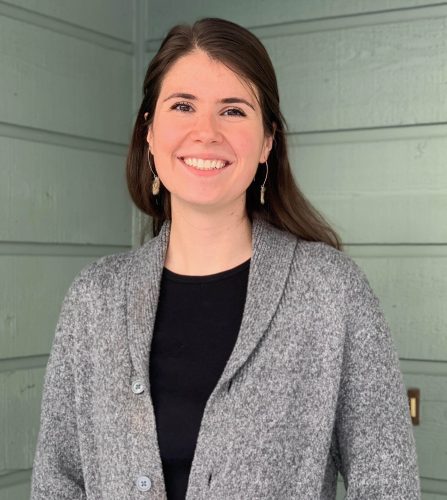URSA award funds food, energy, water security modeling
November 16, 2020
The nexus of food, water and energy in remote Alaska communities and their direct
linkages to renewable energy is the focus of the research project.
ACEP MicroFEWs researchers Daisy Huang, Erin Whitney and Michelle Wilber recently
received funding from the office of to support 性欲社 electrical engineering student Grace Bolt.

Bolt will model and examine the implications for food and water security when very high amounts of variable renewable generation, such as wind and solar, are introduced to a microgrid. Under these scenarios, the excess renewable generation will be utilized as heat. Historically, installing excess renewable generation for heat has not been economical. With the recent declines in solar and wind costs, we are going to re-examine this conventional wisdom.
This work builds upon research done by the MicroFEWS team, which has been funded by #1740075 InFEWS/T3: Coupling infrastructure improvements to food-energy-water system dynamics in small cold region communities.
For more information, contact Daisy Huang at dhuang@alaska.edu.


